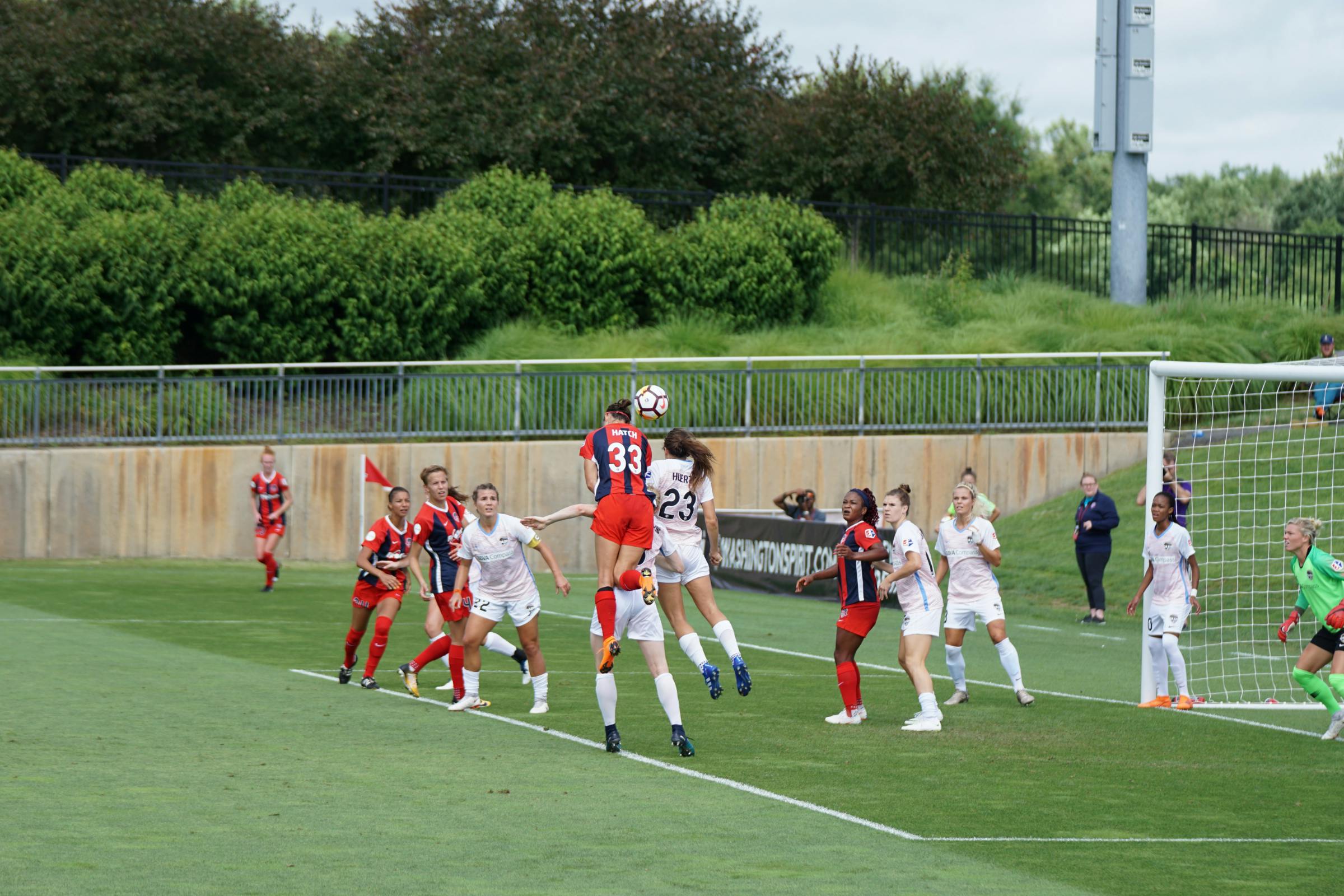What’s Going On in the NCAA Today?
Until recently, student-athletes in college were not allowed to profit from their abilities, unlike professional athletes. Those in the MLB, NBA, NHL, NFL, and other professional leagues make money from their contracts, autograph signings, endorsements, and other forms of contact.
Students engaging in college sports were not allowed to receive any part of the money they brought in. Not a big deal for the average player, but what about those in sports like college football, where billions of dollars in revenue come in annually and go to everyone but the players?
This is, understandably, unfair, and the NCAA has adjusted its policies to allow college athletes to profit from endorsements finally. It sounds great — unless you’re an international student-athlete.
What Impact Could Accepting Money Do to a Visa Student?
When an international student agrees to accept the terms of their visa and head to the US for their education, part of that contract includes rules on making money. For example, F-1 students can’t work off-campus their first year but can work on-campus with restrictions. After the first year, they can engage in Curricular Practical Training, Optional Practical Training, or STEM training. In other words, they can work in jobs that further their careers.
Some F-1 students with severe financial hardship can work off-campus, but this is decided on a case-by-case basis. In general, anyone under an educational visa can only work on- or off-campus in their area of study. With those rules in place, agreeing to receive money for a college endorsement under an educational visa could compromise their legal student status.
How Many Students Would Be Affected?
If you were on the outside of this and not a big sports fan, you probably wouldn’t think this is too big of a deal. How many students could possibly be affected? Most players are from the US, right?
Not exactly.
Depending on the sport in question, there could be a substantial number of international student-athletes on the “field.” For instance, looking at the stats from 2020, almost 13% of Division I athletes were foreign students. Nearly 7% of Division II athletes came from overseas.
In tennis, 61% of the men’s teams were international, and 60% of women’s fall in that category. In ice hockey, 37% of players were from overseas in the men’s leagues, with 44% in the women’s league. Soccer teams consist of 35% international men and 12% foreign student-athlete women.
Certain sports, like baseball, basketball, football, and soccer, are more likely to receive high-profile endorsement offers. If a player is asked to get paid to wear a certain brand of clothing, and they agree, the government could see that as a violation of their terms and deport them.
However, the new regulations allow deals to be made in lesser-revenue sports as long as there aren’t major investments. Third-party startups want their cut and are focusing on the low-hanging fruit, which includes international students on visas.
Who is In Charge?
While students in college are technically adults, it’s up to the university to protect them from the outside world, especially when they’re foreign students.
University and athletic program policies must help these student-athletes understand the potential harm that could come to them if they break the visa law. They fall under a different category, and if they accept the endorsement deals offered to them, which can be tempting, they can lose their visa.
This counts as a federal violation and must be taken seriously. Legislation aimed to protect international student-athletes is in the works, but there are students at risk in the meantime.
What’s Next?
If you’re in the US or considering heading there under a visa, you need legal help to guide you through your rights and responsibilities. Violating the terms of your visa is a federal offense.
At Visa2US, we’re here to help you understand all the ins and outs of an H-1B work visa or point you in the right direction for your visa needs. Our professional immigration experts are available day and night at your convenience. Let us help you avoid an accidental visa violation!














